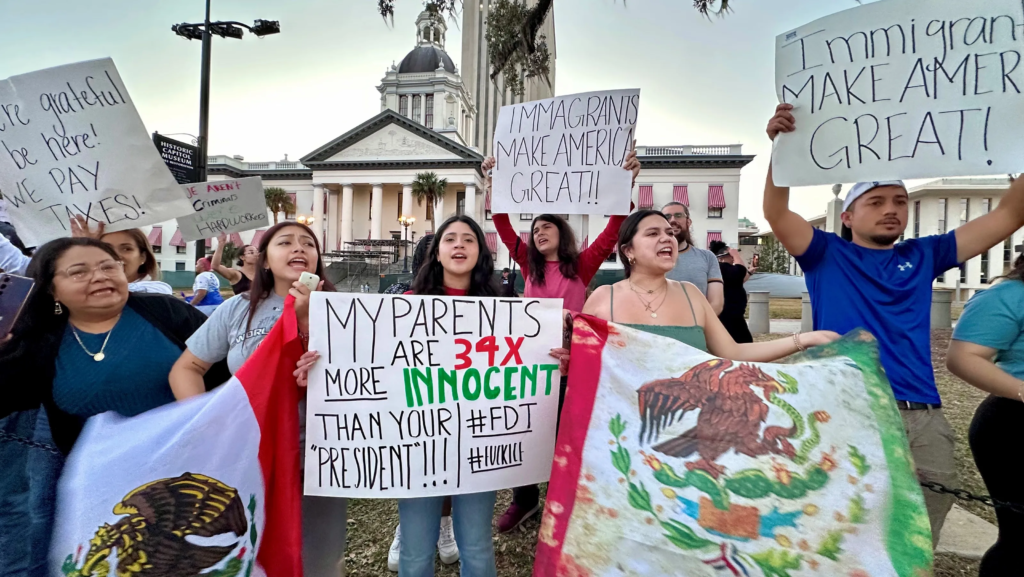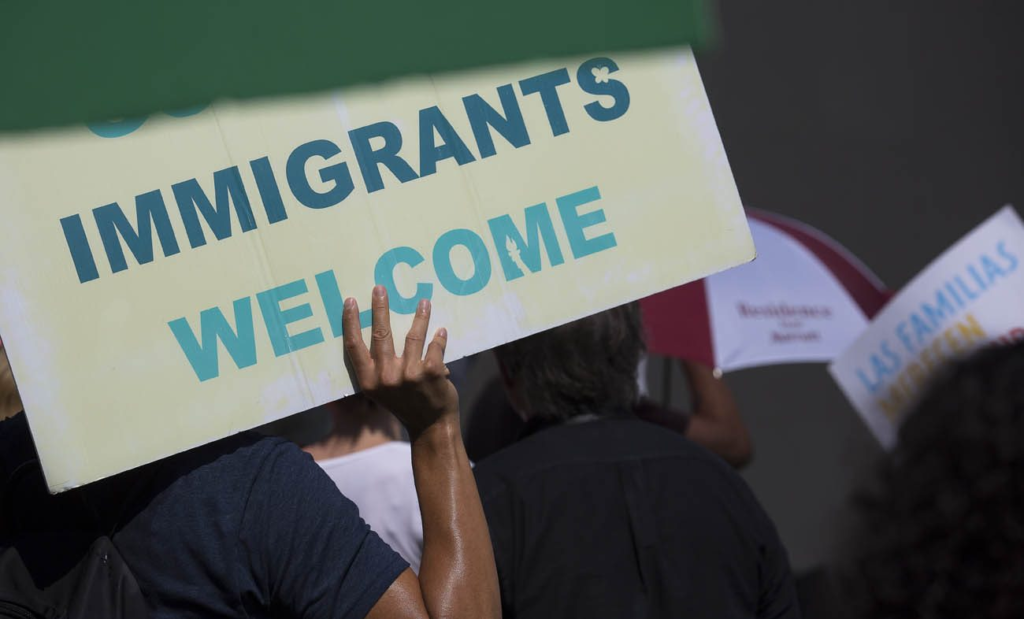Immigration policy and border security have become urgent topics in many countries, especially in the United States. These issues influence elections, shape public opinion, and impact millions of lives. The debate is not only about laws and borders but also about humanitarian values and the role of nations in a changing world.
This article explores why immigration and border security are top public priorities, how laws shape migration, and the challenges of balancing safety with compassion.
Growing Importance of Immigration Policy and Border Security
In recent years, immigration has moved from a side issue to one of the most pressing national concerns. Several reasons explain this trend.
- Global migration pressures have increased due to wars, climate change, poverty, and political instability.
- Economic worries fuel debates about job competition, wages, and public resources.
- Security fears highlight risks such as terrorism, drug trafficking, and organized crime.
- Humanitarian crises, especially images of displaced families at borders, create public empathy but also political tension.
Together, these factors make immigration and border security both a public priority and a political battlefield.

The Legal Side of Immigration Policy
Every country manages immigration through laws and systems that regulate who can enter, stay, and work. These legal frameworks are complex and often controversial.
Key Areas of Immigration Law
- Visas and permits for work, study, or tourism.
- Asylum and refugee protections based on international law.
- Deportation and enforcement for those who break immigration rules.
- Pathways to citizenship for long-term legal residents.
In the United States, critics argue that immigration law is outdated and fails to address today’s challenges, including high levels of undocumented migration and slow legal processes.
Border Security and National Safety
Border security is central to how countries enforce immigration policy. It is not only about controlling physical entry but also about protecting sovereignty and national safety.
Why Border Security Matters
- Preventing illegal entry is seen as necessary to maintain the rule of law.
- Stopping organized crime, including human trafficking and drug smuggling.
- Strengthening national defense, since borders are the first line of protection.
At the same time, strict enforcement often sparks public debates about fairness and human rights. Family separations or harsh detention practices can create strong public backlash.
Humanitarian Dimensions of Immigration
Immigration is not just about law and order. Many people crossing borders are seeking safety, survival, or a better future. This makes humanitarian responsibility a major part of the debate.
Humanitarian Challenges
- Asylum seekers and refugees often flee war, persecution, or disaster.
- Migrant children, especially those traveling alone, require special protections.
- Detention centers are frequently overcrowded and criticized for poor conditions.
- Even legal immigrants often struggle with discrimination, language barriers, and integration into society.
Balancing compassion with control remains one of the hardest challenges for governments.
Public Opinion and Political Divide
Public opinion on immigration and border security is deeply divided. While some demand stronger borders, others call for more humane policies.
- Security-first groups argue that national safety must come first.
- Humanitarian advocates emphasize compassion and legal pathways for migrants.
- Moderate voices suggest a balanced approach that includes stronger enforcement along with modernized legal systems.
This division ensures that immigration remains a top political issue during elections.
Economic Impacts of Immigration
Economic effects are another key part of the debate. Immigration can both support and challenge national economies.
Positive Impacts
- Filling labor shortages in industries such as agriculture, healthcare, and construction.
- Boosting the economy through taxes, entrepreneurship, and consumer spending.
- Offsetting aging populations in developed countries with younger workers.
Concerns
- Fear of job competition or wage pressure in certain sectors.
- Additional pressure on public resources such as schools and hospitals.
- Growth of informal economies when undocumented workers remain outside legal systems.
The economic argument continues to shape how the public views immigration.
Political Proposals and Policy Debates
Immigration policy is a highly political topic. Leaders across the spectrum offer competing solutions.
- Strict enforcement strategies focus on building barriers, expanding detention, and increasing deportations.
- Comprehensive reform proposals seek to modernize visa systems and provide pathways to citizenship.
- Humanitarian approaches emphasize asylum reforms, refugee support, and family unity.
In many cases, these differences create political gridlock, delaying meaningful reform.

International Cooperation
Immigration is not only a national challenge but also a global one. No single country can handle migration pressures alone.
- Bilateral agreements help neighboring nations manage shared borders.
- Global refugee protections set by the United Nations establish international standards.
- Regional agreements, such as within the European Union, share responsibility among member states.
International cooperation is vital but difficult, as national interests often conflict with global responsibilities.
Finding Balance: Security and Compassion
The central challenge is creating immigration systems that balance national security with humanitarian needs. Possible approaches include:
- Modernizing immigration systems with faster, fairer processing and digital tools.
- Investing in advanced border technology such as sensors and drones.
- Expanding legal migration options to reduce incentives for illegal crossings.
- Ensuring detention centers meet humane standards.
- Addressing root causes of migration, such as poverty and instability in home countries.
Such solutions aim to reduce conflict between security measures and humanitarian obligations.
Conclusion
Immigration policy and border security are no longer secondary issues. They are central to politics, economics, and public life in today’s interconnected world. The debate reflects both practical concerns about safety and law, as well as moral responsibilities to people in need.
The challenge for policymakers is clear: create systems that uphold national sovereignty while respecting human dignity. As migration continues to grow worldwide, solutions must balance compassion with control, ensuring both fairness and safety for all.
Do Follow USA Glory On Instagram
Read Next – Ethics of Gene Editing in the U.S.: Risks, Regulation, and Equity






